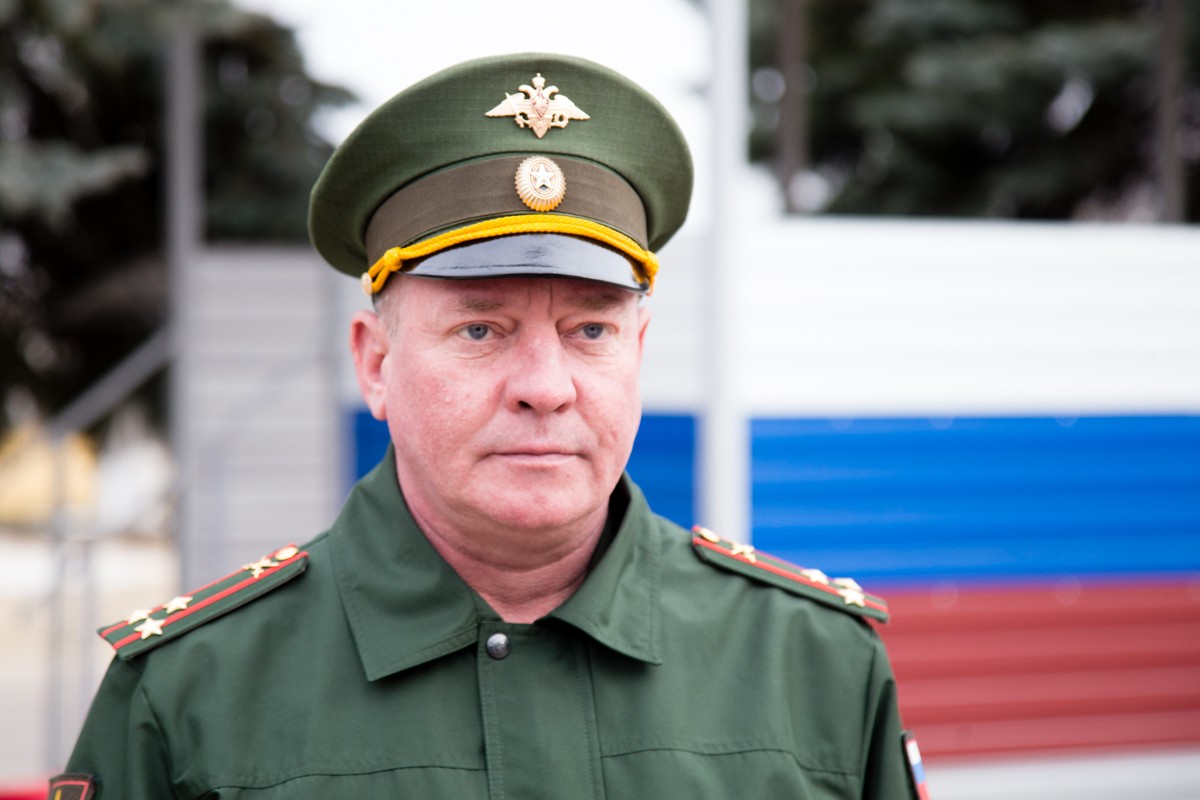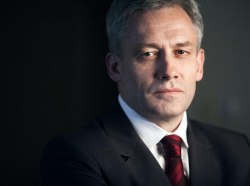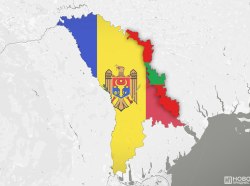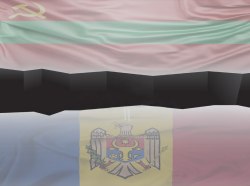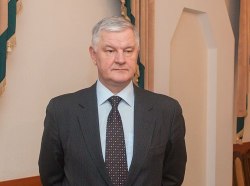Tiraspol, February 4. /Novosti Pridnestrovya/. For almost three decades, the Russian Forces have been standing at the frontier that was the combative line between Tiraspol and Chisinau. The head of the Operational Group of Russian Forces (OGRF) in Pridnestrovie, Dmitry Zelenkov told the Zvezda weekly newspaper about how Russian peacekeepers beyond two borderlines from their motherland serve and live.
– Dmitry, firstly, there will be a traditional question: what tasks is the Operational Group of Russian Forces military personnel solving? And a question with a subtext: what do you think about the fact, that the OGRF is distinguished by the West as the occupation symbol of a Moldovan’s part territory? I mean Pridnestrovie.
– Our tasks remain unchanged: the peacekeeping mission fulfillment in Pridnestrovie. The military personnel controls and inspects transport vehicles, as well as citizens entering and leaving the Security Zone. But our main task is the most important infrastructure facilities defending, as well as weapons, military equipment and the Russian Federation’s property, which are located in this region.
Regarding the Western experts’ opinion, I, as a commander, bother more about the necessary level of service persons’ combat training and the military equipment and weapons maintenance in good condition.
– What is the difference between the “lifestyle” of your service persons from workdays of an ordinary military unit, which is dislocated in Russia? Tell us about your plans for the 2021 academic year?
– We are approximately no different from an ordinary Russian military unit. I suppose with one exception of exercises with motorized infantry under the program of special training for the Peacekeeping Forces military contingent. Within the framework of this program, military personnel attend language training classes and practice their operating skills at a peacekeeping post at a specially prepared training ground. Inasmuch as the motorized infantry units’ rotation in the Security Zone is performed annually, such classes are held regularly.
Within the scope of combat training this academic year, the OGRF servicepersons will continue to improve their professional skills personally, as part of squads, troops and squadrons. In addition, training activity with the counterterrorism efforts unit will be regularly held throughout the year.
– Are there many conscripts in the Operational Group of Russian Forces? On what basis is your unit completed and what military occupational specialty do contract servicemen have?
– Since 2013, the group has been staffed exclusively with contract servicemen. Our military unit is one of the first Western Military District formations, which headed over to a 100% contract basis.
During the selection process, candidates with Russian citizenship are tested for professional psychological aptitude for military service, undergo a medical examination in a military hospital and, on a compulsory basis standard, reach a qualifying standard for physical training. A young man, making an omission at least one of professional selection stages, even with a great desire to serve, won’t be able to make their way into the OGRF.
I would like to note, that the Operational Group of Russian Forces doesn’t include a main attack force, air and missile defense assistance means. We don’t have providing grounds, radars, communication centers, artillery, tanks that are aimed at conducting offensives.
Nevertheless, with reference to the assigned missions variety, our servicemen have several military occupational specialties. In addition to motorized riflemen, who are always in any weather conditions, on any terrain, at any time of the day or night ready to operate, we have emissaries, sappers, signalmen, as well as specialists in technical, material and medical supplies.
– How do the local citizens behave to the Russian peacekeepers? Do you live in security here?
– This year ever since the Russian peacekeepers’ entry into the region will have passed 29 years. During this time, not a single incident involving the use of arms between the conflicting parties was allowed in the Security Zone, which would contribute to the situation destabilization. In fact, Pridnestrovie is the only region in Eastern Europe where, after the peacekeeping forces introduction, all hostilities were ceased and didn’t resume.
And whatever Western experts say, the overall situation in Pridnestrovie remains quite stable in large measure thanks to the Russian soldier. Local residents are well aware of this and take kindly to our servicemen. Therefore, during our off-duty time in town, we feel absolutely quiet.
– It just so happened, that you are on the another state territory. Don’t you feel excluded here?
– We definitely don’t feel like aliens. Our servicemen take the most active part in all events, which held by the Pridnestrovan leadership. In particular, in military displays, in ceremonies dedicated to important historical events. For example, on May 9, the Victory Day the OGRF military personnel organizes festive events in the military camp. Our soldiers and officers are actively involved in the sports and cultural life of the city, the young people’s patriotic upbringing and are always ready, where applicable, to render assistance, for example, in emergency situations occurrence.
Under our patronage, 150 Pridnestrovian youth soldiers, for whom in a military camp and in a shooting range we organize classes and conduct lessons on courage with the participation of the Great Patriotic War veterans. Thus, we don’t feel like strangers in Pridnestrovie. Moreover, we are all the same nationality.

